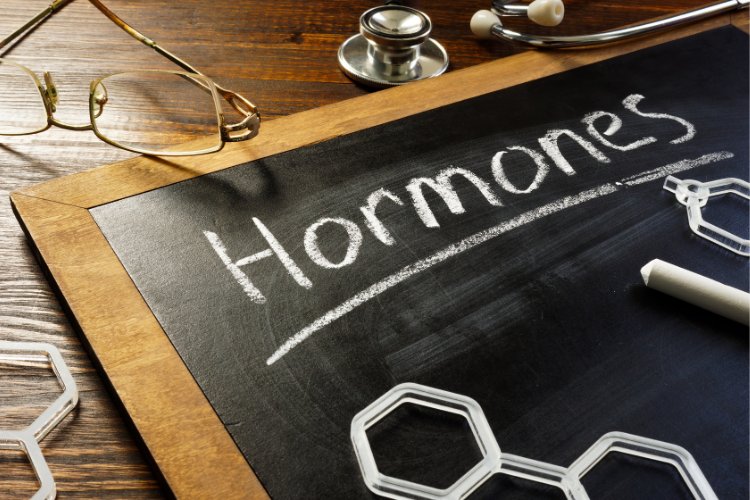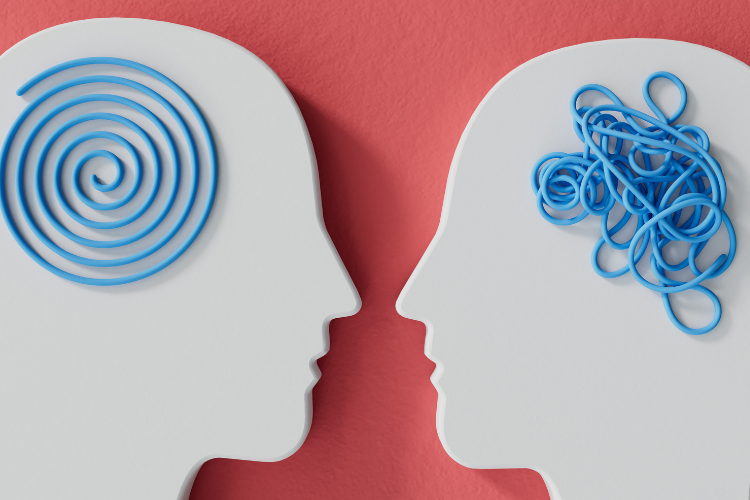Sexuality is a crucial aspect of human life, and understanding how sexual desires evolve with age is essential. Despite the taboo surrounding sex drive, discussing the topic of Sexual Aging is crucial for overall well-being. It is a common misconception that one’s sex drive remains unchanged throughout life. However, as humans age, various factors come into play, impacting their sexual desires. By gaining insights into the changes that occur over time, individuals can navigate their sex life better, leading to more fulfilling relationships. This article explores the topic of Sexual Aging and sheds light on how your sex drive evolves as you age.
Sexual Desire Throughout the Lifespan
Sexual desire throughout a person’s lifespan varies due to biological, psychological, and social factors. Research shows that sexual desire reaches its peak during adolescent years, for both men and women, and then gradually begins to decline. By the age of 30, men may experience a decrease in their testosterone levels, which may lead to decreased libido. Women, on the other hand, tend to experience a decline in estrogen levels during menopause, which may also result in a reduced sex drive.
Factors Affecting Sexual Desire
Several underlying factors may affect an individual’s sex drive as they age. These factors include the following:
Hormones: Hormonal changes have a significant impact on sexual desire. When males reach their 40s and 50s, their testosterone levels gradually decrease, impacting their sexual function. Women may experience a decrease in estrogen levels during menopause, which may result in a decreased sex drive.
Health factors: Health factors may also impact the level of sexual desire in individuals. Chronic illnesses such as diabetes, hypertension, heart disease, and cancer may limit an individual’s sexual activities. Similarly, the use of antidepressants and other medications may adversely affect an individual’s sexual function.
Psychological factors: Psychological factors such as stress, anxiety, depression, and low self-esteem can impact an individual’s sexual desire.
Social factors: Social factors such as social constructions of sex, cultural norms, and values may impact a person’s sexual desires. Older adults may face social stigma around sexuality which may cause a decrease in sexual behavior and desire.
- Relationship factors: Relationship dynamics, including communication patterns, intimacy, and satisfaction, play a significant role in affecting individuals’ sexual desire.
How to Improve Sexual Desire
While sexual decline is inevitable, various strategies may help individuals improve their sexual function. These strategies include:
Maintaining a healthy lifestyle: Adopting a healthy lifestyle by eating a balanced diet, exercising regularly, and abstaining from alcohol and cigarette smoking, may help improve sexual function.
Communicating with your partner: Open communication and honest conversation with your partner can help improve relationships and possibly enhance sexual function.
Medical treatment: Consulting with a medical professional may help diagnose underlying health conditions that contribute to the reduced sexual function. Doctors may prescribe testosterone replacement therapy, which may help improve sexual function in males.
Counseling: Seeking professional help in treating psychological factors that affect sexual function such as anxiety, stress, depression, and low self-esteem.
Sexual Aging: Looking to the Future
Sexual aging is inevitable, and individuals need to prepare for its effects on their sexual function. Understanding the changes that occur can help individuals make more informed decisions about their sexual activities. Individuals should be encouraged to embrace constructive communication with their partners, seek medical help when necessary, and adopt healthy lifestyles that promote good sexual health.
Conclusion
Sexual aging cannot be prevented, but the effects can be mitigated with proactive approaches. Understanding the factors that affect sexual desire and adopting the suggested strategies can help individuals maintain fulfilling sexual relationships even in their late years. This approach promotes sexual health, improves quality of life, and promotes general well-being.
Sources
- American Association of Retired Persons (AARP), Understanding the Male Sex Drive
- Mayo Clinic, Sexual Health and Aging: Keep the Passion Alive
- Harvard Health Publishing, Sexuality in Midlife and Beyond
- WebMD, Aging and Sexual Problems in Women
- Psychology, Today - "How Aging Affects Your Sex Life













